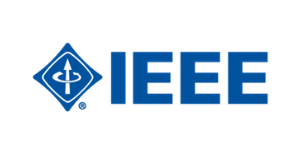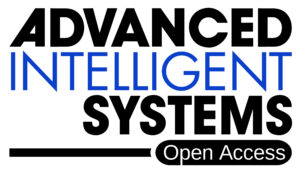PhD, F-IEEE, Professor of Bioelectronics at Delft University of Technology and Medical Delta Honorary Professor at Delft University of Technology and Erasmus Medical Center, Rotterdam, Fellow of the IEEE, Distinguished Lecturer of the IEEE, Recipient of the IEEE Circuits and Systems Meritorious Service Award.
Working on biomedical circuits and systems for interaction with the electrophysiology of cells, tissues, organs and the human body, by means of electrical, magnetic, optical and ultrasound stimulation, recording, sensing, communication and powering, for in-vitro, ex-vivo and in-vivo medical and clinical applications. In short, electroceuticals or bioelectronic medicine.
http://bioelectronics.tudelft.nl/~wout/
Themis holds the Regius Chair of Engineering at the University of Edinburgh and is Director of the Centre for Electronics Frontiers. His work focuses on developing metal-oxide Resistive Random-Access Memory technologies and related applications and is leading an interdisciplinary team comprising 30 researchers with expertise ranging from materials process development to electron devices and circuits and systems for embedded applications. He holds a Royal Academy of Engineering Chair in Emerging Technologies and a Royal Society Industry Fellowship. He is an Adjunct Professor at UTS Australia, visiting Professor at the Department of Microelectronics and Nanoelectronics at Tsinghua University, and Honorary Fellow at Imperial College London. He is Fellow of the Royal Society of Chemistry, the British Computer Society, the IET and the Institute of Physics and is also Senior Member of the IEEE. He served as the Director of the Lloyds Register Foundation International Consortium for Nanotechnology and Co-Director of the UKRI Centre for Doctoral Training in Machine Intelligence for Nano- Electronic Devices and Systems (MINDS). In 2015, he established ArC Instruments Ltd that delivers high-performance testing infrastructure for automating characterisation of novel nanodevices in over 21 countries and in 2019 he founded SoneT.ai that is building new power-efficient AI hardware solutions. His contributions in memristive technologies and applications have brought this emerging technology one step closer to the electronics industry for which he was recognised as a 2021 Blavatnik Award UK Honoree in Physical Sciences and Engineering.
Elisabetta Chicca is a full professor at the Zernike Institute for Advanced Materials (ZIAM) and the Groningen Cognitive Systems and Material Center (CogniGron), University of Groningen, The Netherlands. She is Chair of Bio-Inspired Circuit and Systems (BICS) since 2020. Her current interests are in the development of CMOS models of cortical circuits for brain-inspired computation, learning in spiking CMOS neural networks and memristive systems, bio-inspired sensing (vision, olfaction, audition, touch) and motor control. She combines these research approaches with the aim of understanding neural computation by constructing behaving agents which can robustly operate in real-world environments.










![Glasgow Convention Bureau Logo Black[52]](https://2022.ieee-icecs.org/wp-content/uploads/sites/77/2020/11/glasgow-convention-bureau-logo-black52-300x151.png)